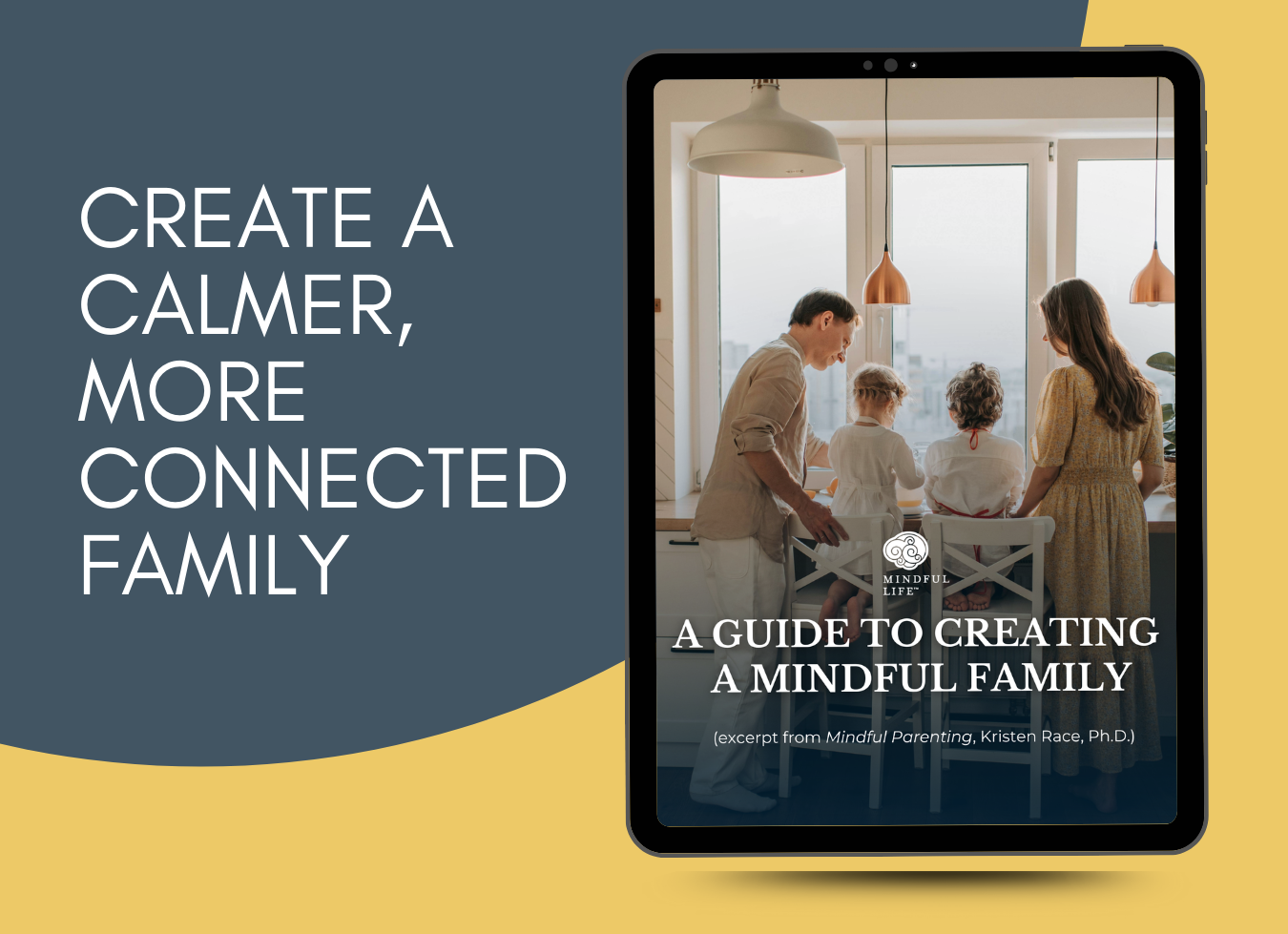Sane School Year Schedules
Jul 30, 2024
Trying to organize your kids’ after-school schedule for the fall can be a bit like putting a jigsaw puzzle together. So much to choose from, they want to do everything, it is logistically impossible. When will we fit everything in?
As you schedule after school activities for your kids, it is important to provide them with unstructured time as well. Time for unstructured play is critical to healthy brain development. It is easy to feel pressured to sign them up for every possible opportunity. As parents, we’re sent carefully targeted messages that if our kids don’t do everything, they will fall behind.
Free Play & the Brain
When kids have time for free play they naturally create games where they make up the rules, adapt to changes (a friend joining the game) and solve problems as they arise.
These are all functions of the prefrontal cortex, the part of our brain that is critical for higher level thinking, problem-solving and the ability to simply pay attention to what is going on around you.
The type of brain stimulation that occurs during free play is very different from what occurs during a practice for an organized sport when coaches make the rules, pick the teams, solve the problems and tell kids what to do and how to do it. Organized sports and activities can be great for kids, but it is important to prioritize free play as well.
Studies show that over-scheduled kids tend to burn out quicker, tend to have resentments, and have increased rates of anxiety and depression. Before the age of 10 try to limit out of school activities to 2-3 events per week. After the age of 10 is when you want them to be involved in lots of things. This is the time when they tend to get in trouble if they don’t have enough to do. This is also why we don’t want them to burn out on their favorite activities before this age.
Here are a few tips as you plan your after-school activities this fall:
- Sit down with your child and ask them what activities interest them.
If they list six things then make a plan to rotate through the different activities over the course of the year (i.e. soccer in the fall, dance in the winter, and baseball in the spring). - Balance participation in sports, arts programs, and character building groups like Girl Scouts, service programs, or youth groups as much as you can.
- On days that they do not have activities, avoid the TV and video games and encourage outdoor free play. Remember boredom is the catalyst for plenty of innovation and creativity!
- If you have your kids in after school care, to accommodate your work schedule, try to find care that allows for free play and gives plenty of activity choices for your kids.
Finally, I leave you with this great quote,
“Parents need to teach their kids to balance human do-ing with human be-ing” from a CNN article.
And the irony of the quote is that kids usually already know how to just “be”. In fact, we should probably be taking the lesson from our kids (instead of the other way around) on how to be fully present in an unstructured activity.
If you watch young kids free play in the backyard or at the park, you’ll see they have no trouble just being in the moment, but sadly, I worry that by filling every second of their day with a scheduled activity or device we are stealing this gift from them.
As you plan your school year, let’s try to give a bit of just “being” back.

